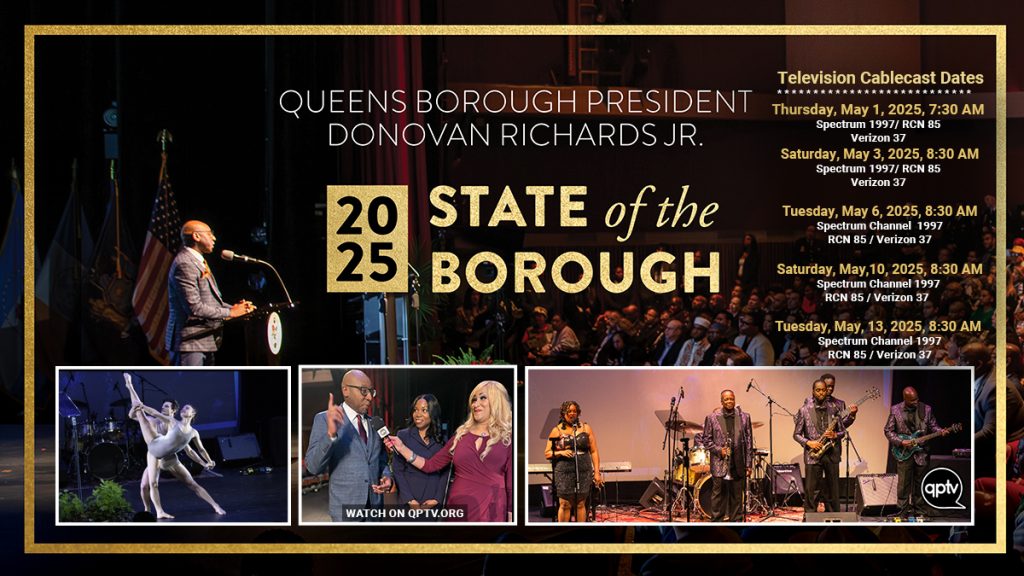This past Wednesday, the Brooklyn Public Library in collaboration with the Center for Brooklyn History held the first event in the ‘Brooklyn Resists’ series. The series is designed to be a public history initiative, drawing Brooklynites into critical conversations about American history through a number of virtual roundtable discussions with experts throughout the summer.
Wednesday’s event was titled “A Look at Reparations” and featured an in-depth conversation about national, local, and individual plans that could help repair the inequalities wrought by slavery in the United States.
The event featured three well-respected panelists: Robin Sue Simmons, the commissioner of the National African American Reparations Commission and a former Illinois City Councilwoman who instituted a reparations program; Marcia Chatelain, a Georgetown University Professor who studies slavery, memory, and reconciliation; and David Ragland, a non-profit organizer and pastor. The program was moderated by Aaron Morrison, an award-winning multimedia journalist and national race and ethnicity writer for The Associated Press.
“Today’s lecture looks to unpack an intense and emotional conversation,” explained Marcia Ely, the Vice President of the Center for Brooklyn History and one of the organizers behind the ‘Brooklyn Resists’ series. “What do reparations look like now with such a wide range of forms, putting down roots in pockets across the country. What might they look like in the future? Whose job is it to untangle the messy set of questions involved.”
Throughout the event, the panelists discussed the symbolic need for reparations and the tangible change that such programs could bring about.
“I think a reparations framework has to start with an acknowledgement of a harm,” Professor Chatelain said. “But there also has to be an understanding that harm can never be fully repaid, and that motivates the flexibility to try to achieve something in one’s lifetime.”
Chatelain continued: “The two examples that are often used in conversations about the precedent for reparations are the tragedy of the Holocaust and the responsibility that the German government took for it. It isn’t about putting a value on harm but it’s also about making sure that one can’t forget that harm happened. In the United States the example we often point to are the victims of Japanese incarceration during World War II who received reparations.”
Robin Sue Simmons built on the idea, discussing her experience passing a reparations bill in Illinois that used money from a new cannabis sales tax to supply affordable housing to those affected by redlining.
“We had to look very hyper local so that our reparations policy was specific to our town,” Simmons said. “We are now moving forward in a reparative way. I hope other communities can do something similar.”
David Ragland agreed, saying: “I think people simply have too limited an idea of what reparations mean. We talk about how reparations can repay the moral harm of slavery but also remedy the institutions that still perpetuate that harm today. There is a cost to racism and we are squandering our potential as a nation by keeping people down.”
At the talk’s conclusion, the panelists encouraged listeners to continue the conversation by visiting the National African-American Reparations Commission website (https://reparationscomm.org/ ) and reading the bill currently proposed by the House of Representatives to study reparations (H.R. 40).
An entire recording of the event is available on the Center for Brooklyn History facebook page.
Future events in the ‘Brooklyn Resists’ series will focus on the Civil War, the Civil Rights Movement, and the recent Black Lives Matter movement. Currently the events are scheduled to be held virtually, but the Brooklyn Public Library hopes to organize some in-person panels in the near future.




